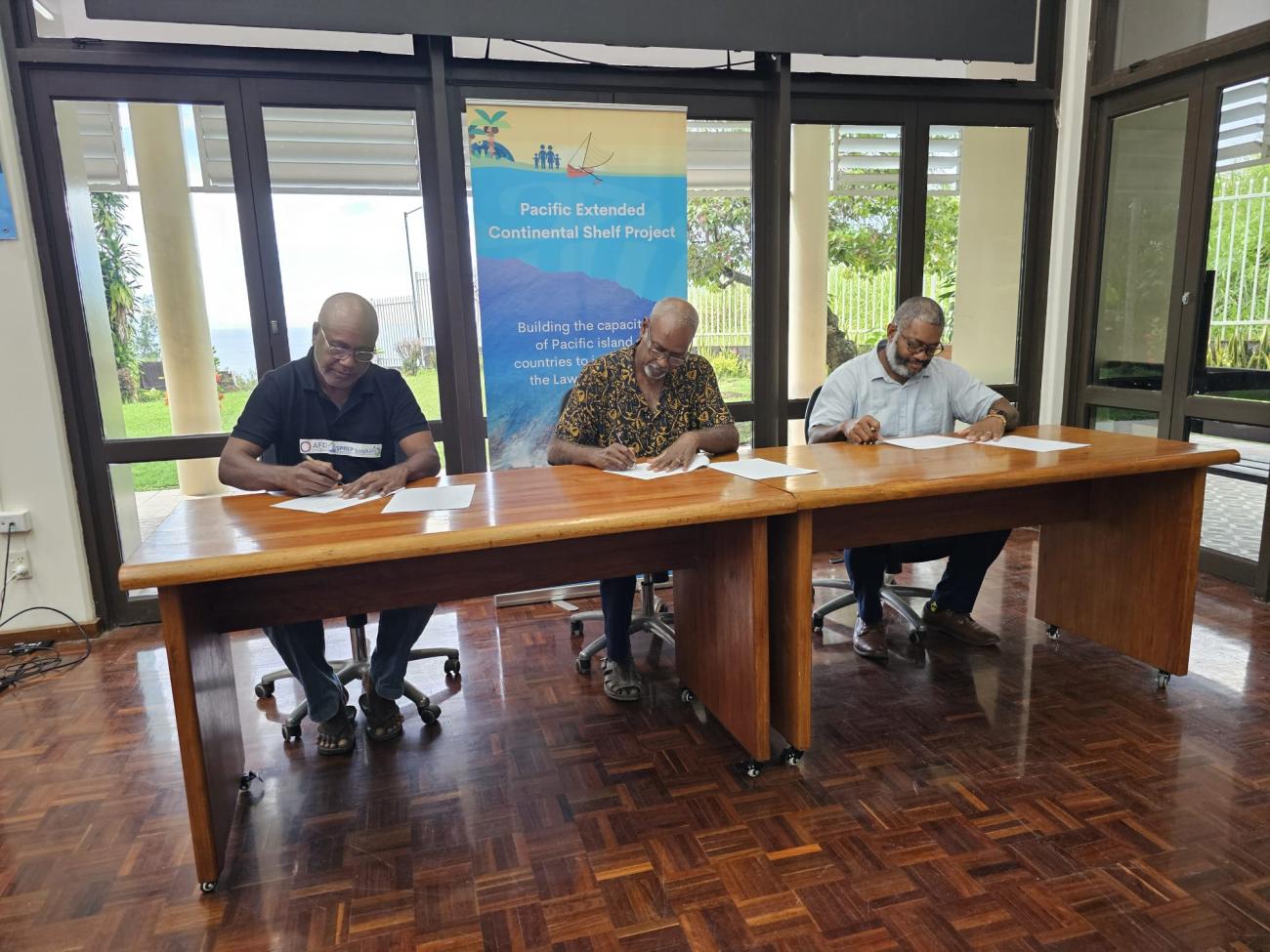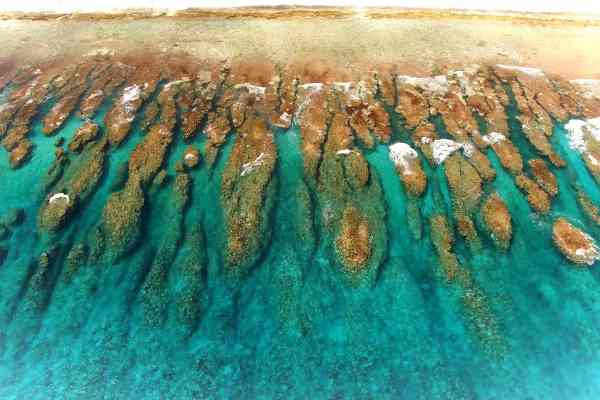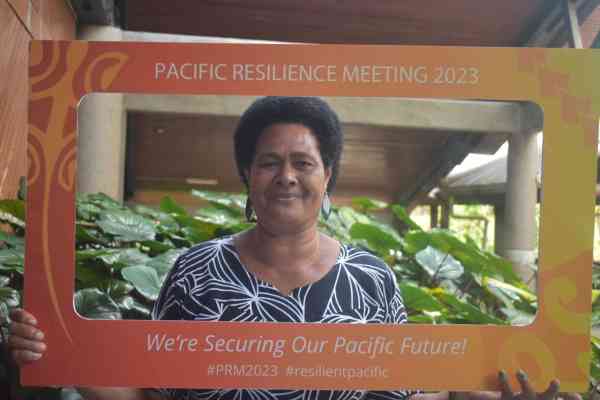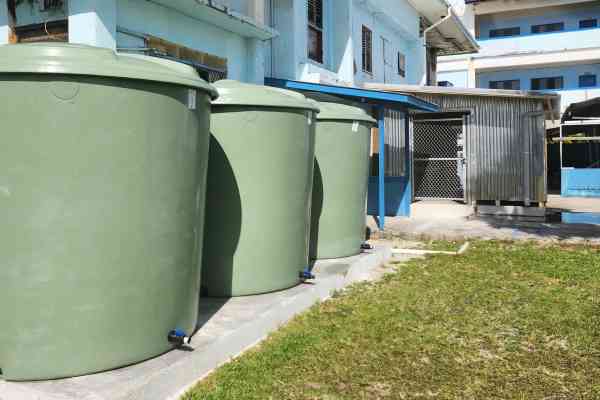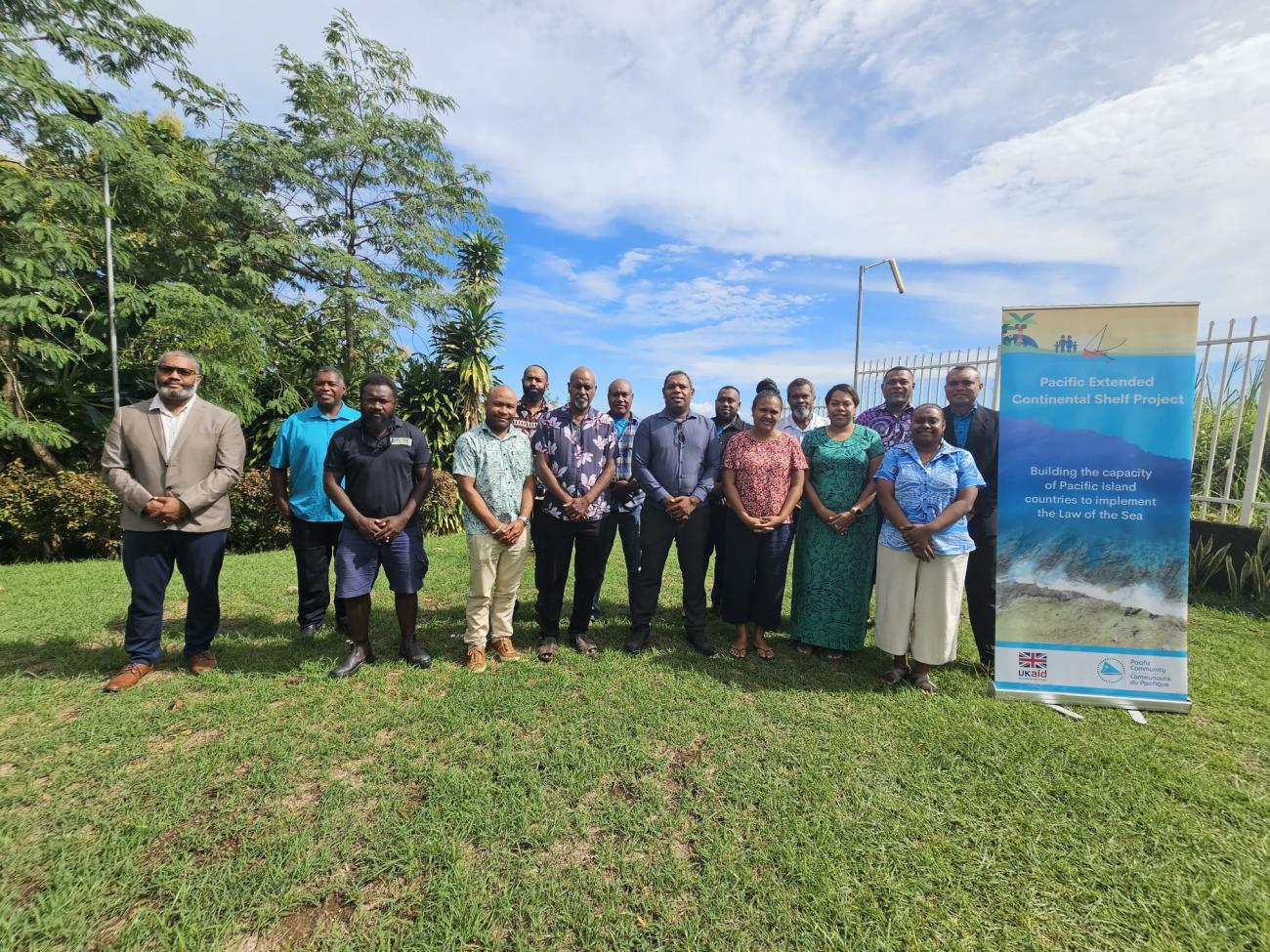
In the sweltering heat of Honiara just after Easter, a pivotal gathering took place that continued a 15-year journey.
After 15 years of collaborative work, Fiji, Vanuatu, and Solomon Islands policy, legal and technical teams have agreed on steps that will advance their submission to secure the Melanesian Border Plateau extended continental shelf (ECS).
This is shared under ocean self-sitting between the three countries, and the process to secure the rights of this land requires national-level processes, regional engagement, and submissions to the United Nations at the global level.
This work began in April 2009 when Fiji, Vanuatu and Solomon Islands advanced their preliminary claims for the Melanesia Borderland Plateau and the North Fiji Basin.
To complete this claim, in-depth technical and scientific work must be carried out, which has taken the past 15 years due to the remoteness and cost of obtaining the necessary data to prove their understanding of where the ocean shelf sits.
Under the United Nations Convention on the Law of the Sea (UNCLOS), Pacific nations are tasked with scientifically proving that certain areas of the seabed are natural extensions of their land territory. This scientific and legal process is critical as these countries seek to extend their sovereignty over additional marine areas through these extended continental shelf submissions.
The Pacific Community (SPC), which is the region’s largest technical and scientific intergovernmental agency, has worked alongside Fiji, Solomon Islands and Vanuatu technical teams to carry out the necessary scientific mapping. The team have both supported coordination, undertaken remote scientific field work and ensured the data is accurate and indisputable for the completion of the claim.
"The coordination by SPC has been instrumental," said Head of the Maritime and Ocean Affairs Division at Vanuatu's Department of Foreign Affairs, Toney Tevi.
The latest in-person meeting in Honiara marks a significant step toward finalising these submissions.
"It’s a complex and costly exercise but essential for asserting our maritime rights," explained Senior Scientific Officer at Fiji's Ministry of Lands and Mineral Resources, Semi Bolalailai. His sentiments were echoed by the Director of Petroleum at the Solomon Islands Ministry of Mines, Energy and Rural Electrification, David Natogga, who appreciated the collaborative spirit fostered by the working session.
This work culminated in two outcome documents that paved the way forward for these nations to jointly submit their claims, which include virtual meetings to progress the claims at national levels before being elevated to the United Nations.
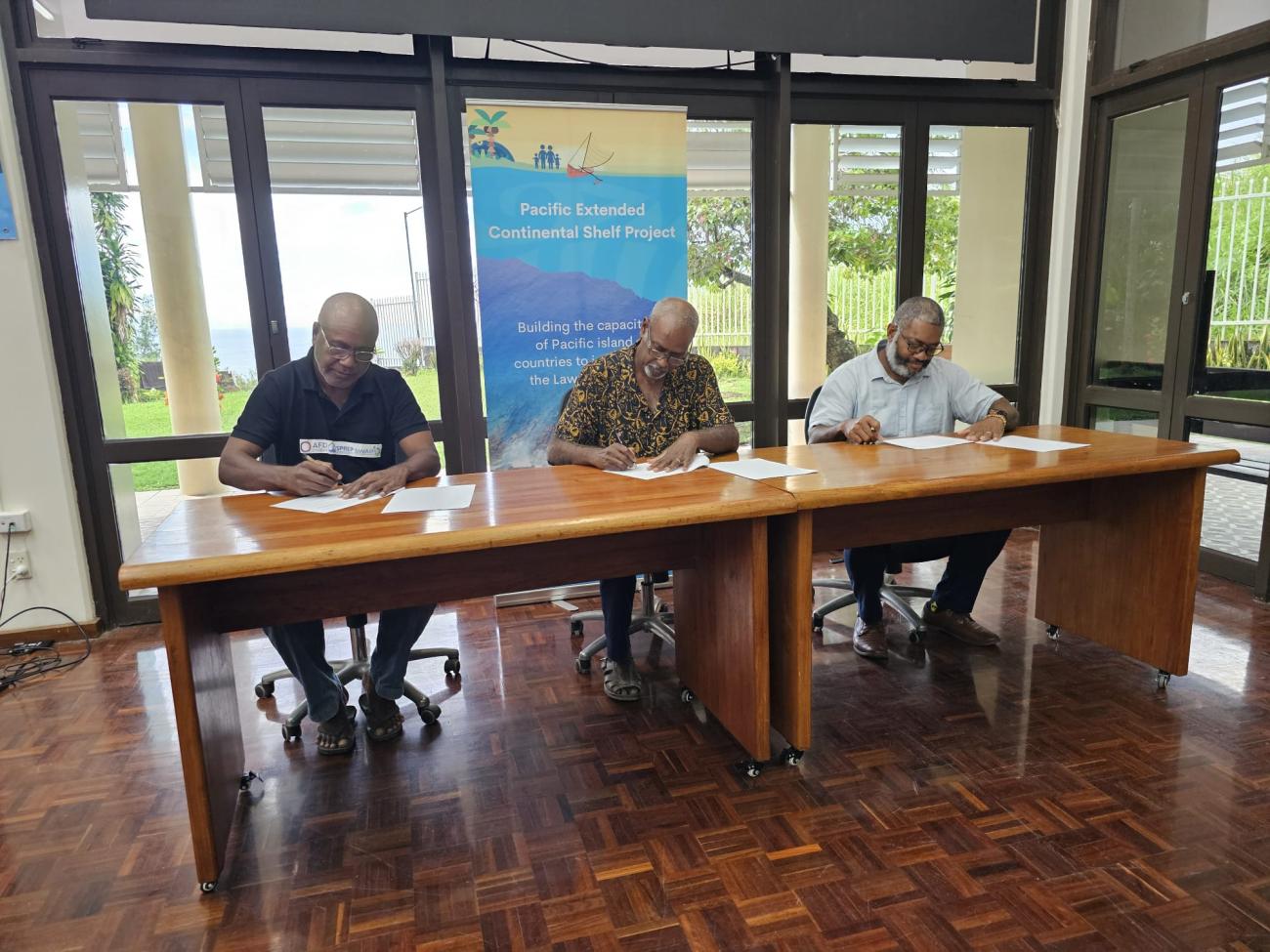
This initiative not only underlines the technical and legal prowess these nations have developed over the past decade and a half but also highlights the importance of international cooperation and regional solidarity in managing ocean resources for future generations of our Pacific region.
The technical support and coordination of this work is led by the Pacific Community (SPC) in partnership with Pacific Island countries and territories in the region and is part of the broader work of SPC through its Pacific Maritime Boundaries work and through the Pacific Extended Continental Shelf project.
The Pacific Extended Continental Shelf (PECS) project, funded by the United Kingdom, has allowed SPC and Pacific members to progress their claims in recent years, an important step towards finalising maritime zones for the entire Blue Pacific region.
